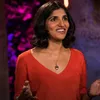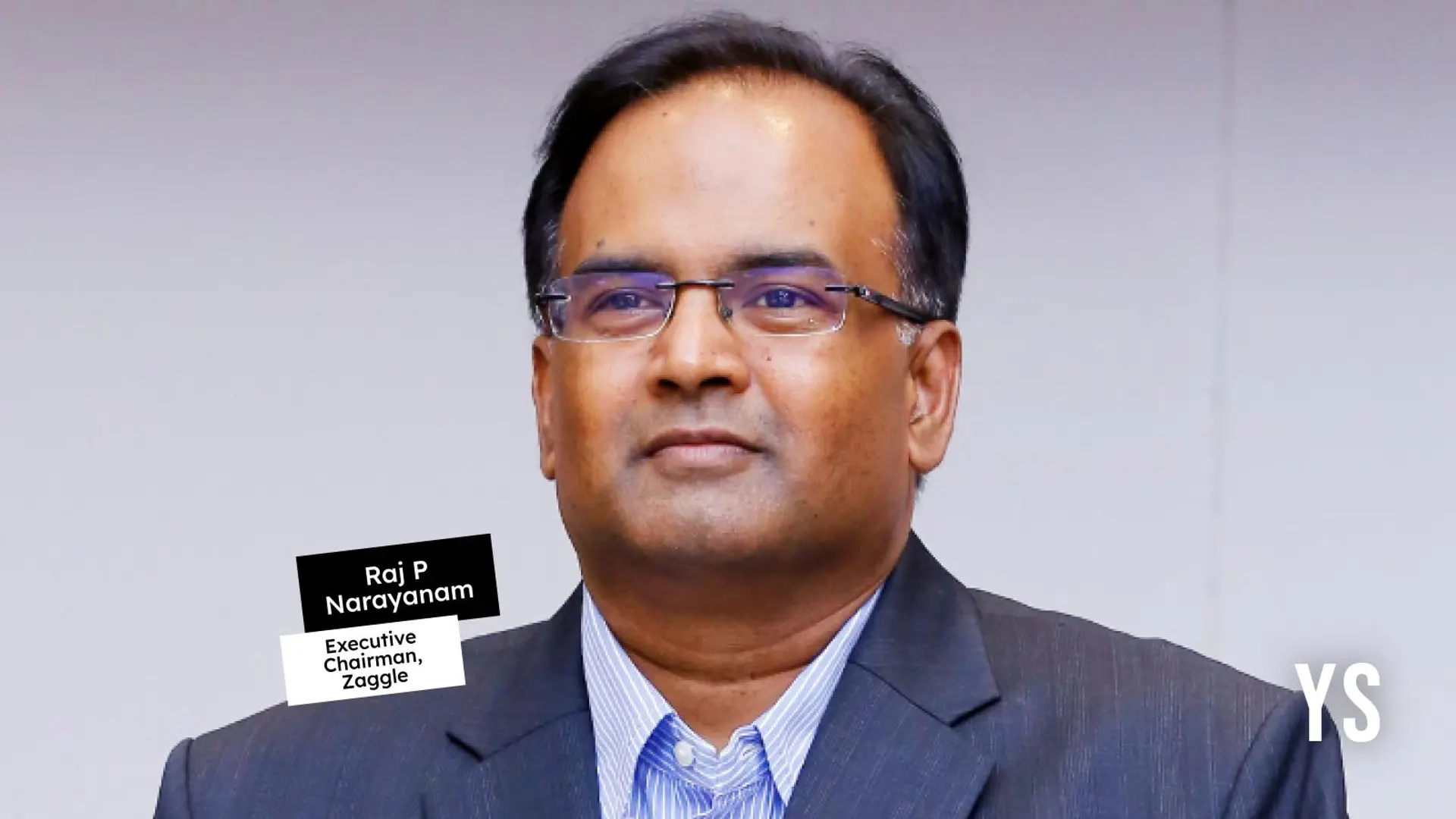Author Rohini Nilekani on her new book The Hungry Little Sky Monster for Juggernaut, and the importance of reading for children
The Hungry Little Sky Monster, Rohini’s first children’s book foray outside Pratham, for children between 2-5 years old, wonders why the moon wanes, and is a small fable for children that speaks of a scenario where an imaginary sky monster is let loose.
“The gift of a reading life to a child is the best gift of all.” Philanthropist and children’s author Rohini Nilekani wouldn’t have put it better while describing how important it is for every child to enjoy reading and derive both knowledge and pleasure from it.
She was speaking with HerStory, in connection with the release of her new children’s book for Juggernaut, The Hungry Little Sky Monster. As the co-founder of Pratham Books in 2004, a leading non-profit bringing storybooks to children across India in their mother tongue languages, Rohini is consistently working towards fulfilling its dream of seeing a book in every child’s hand.
As a children’s author, she has delightfully captured a young audience with her Sringeri Srinivas series, under the pen name Noni.
The Hungry Little Sky Monster, Rohini’s first children’s book foray outside Pratham, for children between 2-5 years old, wonders why the moon wanes, and is a small fable for children that speaks of a scenario where an imaginary sky monster is let loose.
“This book was written for my then three-year-old grandson,” says Rohini, adding, “I have been writing children’s stories right from the time I was young for my nieces and nephews, and in that sense, I have had a continuous thread of storytelling for children in my life, which I really enjoy.”
A book for every child
Co-founding Pratham Books seemed like a step in the right direction consistent with Rohini’s goal of making books accessible to every child in India. “Children’s publishing was so small in India at the time, that best-sellers sold only around 2,000-3,000 copies each. We had to actually create an ecosystem of children’s writers, and it allowed me to remember the old Rohini who used to write stories,” she recalls.
Rohini is optimistic about children’s writing today. “In the last 15 years, the sector has really flourished. There are a lot of children’s publishers in India who are doing very innovative things. Pratham, in its new avatar of StoryWeaver, is reaching millions of children worldwide, with local, indigenous, and diverse content in many languages. Today, parents, teachers, and children have a tremendous choice of quality and quantity to choose from. The Juggernaut Kids’ List is also very exciting,” she adds.
The author also agrees that storytelling needs to be a continuous part of the curriculum, citing the example of the EkStep Foundation that she started along with her husband Nandan Nilekani where they work with the government for this purpose. The government’s platform, Diksha, will have many free stories available to children in India in different languages.

She says, while they will not be connected to the curriculum, there will be QR codes in the textbooks that will be linked to hundreds of digital stories.
“We are a nation of storytellers, and if children everywhere can have access to a story with just a click, we are close to meeting that societal goal.”
Children should read every kind of book

What kind of books do children need to read? “Which is the best book? Every kind,” emphasises Rohini, adding, “When children read different types of books, they learn about the complexities of the world that is not just black and white but also grey. Different stories will help us to envelop these rich shades of grey and the nuances of life that will teach children to be sensitive, empathetic, and thinking adults.”
Rohini also admits that while it may be easy to write a children’s book, it’s hard to get a children’s book right.
“You can easily miss, and with all my books, some have succeeded, some may have not because different aspects have to come together – the words, the illustrations – you cannot moralise and yet you have to make your point. Children are picky, if they don’t like a book, they are not going to continue, they are the most dismissive of readers.”
She also recalls that while at Pratham, she had requested author-playwright Girish Karnad to write a children’s book and he declined saying it was scary to do so.
“Litterateurs can write the most amazing books for adults, but it’s difficult to convince them to write children’s books,” she says with a laugh.
Rohini also enjoys reading to her grandson who will soon turn four. “Luckily, my grandson was introduced to books at the age of six months. He has an eclectic sort of taste – from Richard Scarry to junior science. I have a whole wall of Pratham Books and I hope someday these books can be donated to a library,” she says.
Edited by Megha Reddy








